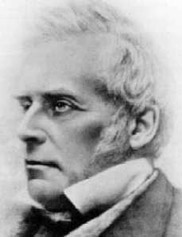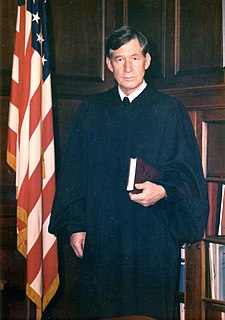A Quote by Michael Emerson
Once in a while you get people that maybe because of economic reasons, or have a social network, they get attracted. But it's a very tiny percent so that when we look at, you know, who are pastors and who are the head clergy of these congregations, they're overwhelmingly white, just a few African Americans, and those folks are usually called to what were formerly white congregations, or they started interracial church from the get-go.
Related Quotes
It's one of the things we find in these congregations is that they are much more likely to be sort of up-beat worship styles, more likely that people in these congregations say "Amen," maybe get up and dance some, tend to be a little bit more lively than a typical white service would be, but not as lively as a typical black service would be.
You take for example the environmental movement is a big deal in my district. You know, you might say, yeah, more African Americans are suffering from asthma and air pollution-related illnesses, but there`s a lot of white folks, a lot of white kids with inhalers. So, you just got to talk to the reality of everyone, not exclude anyone. And make sure that people know that you care about them too. I think if you do that, we can get there.
That's a big fear, right, and when I talk with black pastors, the same thing: If we try to have this move towards interracial congregations, whites will just dominate then. There are so many more of them, and they're used to being in the position of power. So they'll just take over, and we'll lose the one thing we do have.
Theology is not a private subject for theologians only. Nor is it a private subject for professors. Fortunately, there have always been pastors who have understood more about theology than most professors. Nor is theology a private subject of study for pastors. Fortunately, there have repeatedly been congregation members, and often whole congregations, who have pursued theology energetically while their pastors were theological infants or barbarians. Theology is a matter for the Church.
All my playmates were black. I lived in a little community called Archery (ph) in a rural area. And I didn't have any white neighbors at all. So all my kids with whom I fought and wrestled and went fishing and worked in the field and so forth were African-Americans. And that was my life. So when I got to be school age, we had to separate during the daytime, but I always felt like I was in an alien environment when I was in Plains, Georgia with white kids. I was eager to get back where I belonged with my black playmates.
If you're looking at the people who head the institutions, there are very few African Americans or people of colour. I'm talking about the major theatres that position themselves as serving all audiences. What you find is, by and large, people who are shaping what we see, and the people who are the tastemakers are white.
I'm not against knowing the history of white people in the U.S. - that's not the point. The point is that there's so much greater history. We don't know about Native Americans. Very basically, we don't know that much about African American history, except that they were enslaved. You only get bits and pieces.
I think that's what we don't understand as human beings is this is America. It's a democracy. Once we get whoever we want into the White House, even the person we want to get in the White House doesn't get in the White House. We have every right to not only criticize that person but demand that person does what it is we need to get done. That just happens with us mobilizing and us using our voices to talk to the mayors, the governors and the presidents.






























